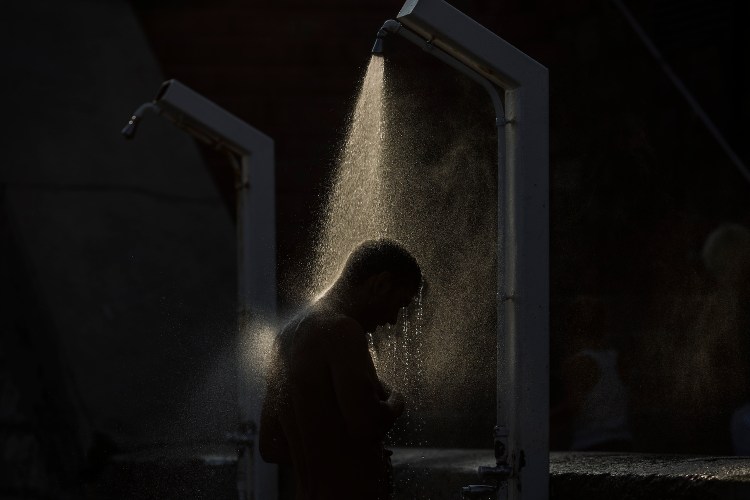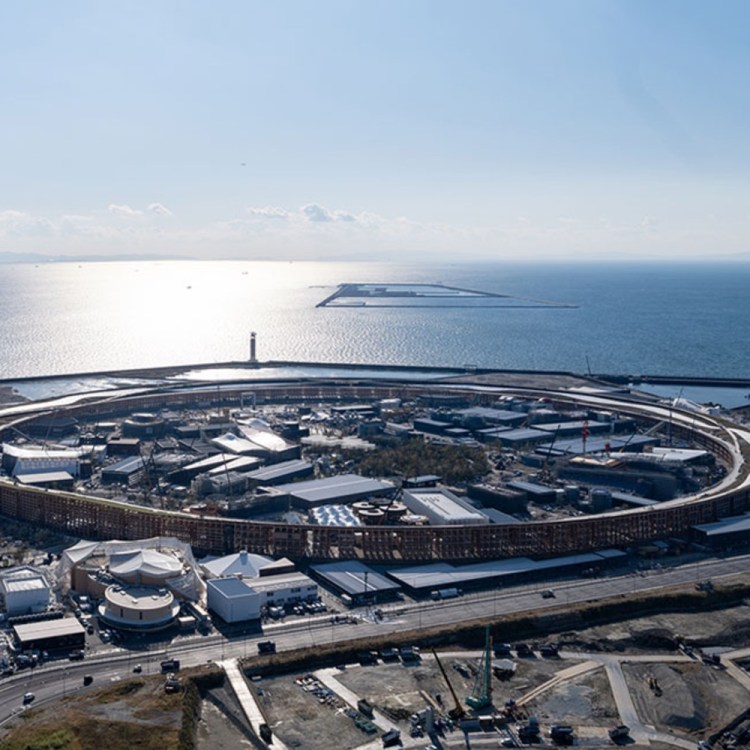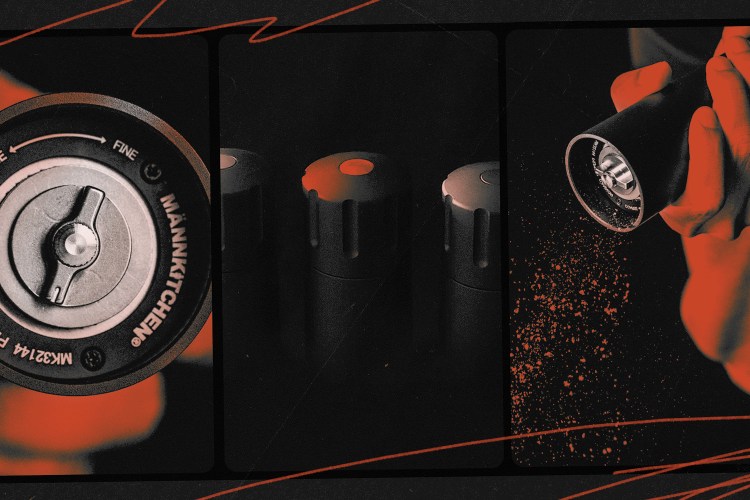Towards the end of the Constitutional Convention in Philadelphia way back in 1787, George Mason, the author of Virginia’s Declaration of Rights, was worried that there were not enough rules preventing the president from becoming a tyrant like George III.
So he broached the topic on September 8, 1787, and through a back-and-forth with fellow Virginian James Madison, Mason came up with a new category of impeachable offenses: “Other high crimes and misdemeanors,” according to Smithsonian Magazine. Though Americans have debated this very open-ended phrase ever since it set the groundwork for more protection against a dangerous executive power.
A third Virginian, Edmund Randolph, also helped shape the vision of when Congress should remove a president from office. Mason, Randolph and Madison had three very different positions on the Constitution, Smithsonian writes, but they were able to agree that a “president should be impeached for abuses of power that subvert the Constitution, the integrity of government, or the rule of law.” This agreement is still pertinent to the debates we are having 230 years later.
Later on, when Charles Pinckney of South Carolina and Gouvernor Morris of Pennsylvania tried to remove impeachment from the constitution, Mason, Madison and Randolph all spoke up to defend it, according to Smithsonian. Morris argued that whether the president is not re-elected will prove whether he is innocent. But Madison said waiting to vote the president out of office wasn’t good enough, because the president might use his powers for embezzlement or oppression. Or, Smithsonian writes, Madison warned a president might “betray his trust to foreign powers.”
The three Virginians used the British Parliament as a model for impeachment. The House of Representatives impeaches (like the House of Commons) while Senate tries and removes the official (like the House of Lords), according to Smithsonian. But in Britain, impeachment could lead to a prison sentence. The Virginia plan proposed that it just lead to removal from office and disqualification from holding future office. However, the president can still be indicted and put on trial in regular courts after impeachment, Smithsonian writes.
Though the three men never fully agreed on impeachment terms, their discussions helped form our conversations on impeachment ever since.
This article appeared in an InsideHook newsletter. Sign up for free to get more on travel, wellness, style, drinking, and culture.























